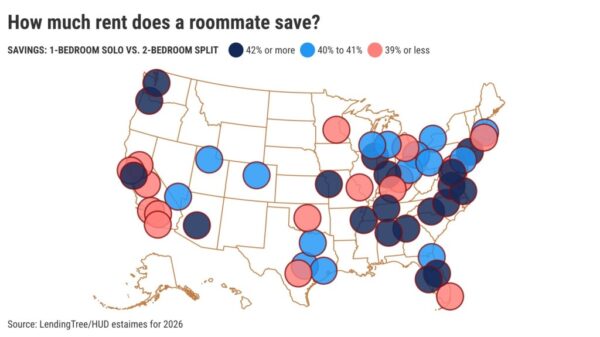The car buying experience is undergoing a significant transformation as CarEdge introduces its innovative approach, leveraging agentic artificial intelligence (AI) to enhance the process for consumers. Traditionally marked by discomfort and distrust, the auto purchasing journey is shifting from a cumbersome experience to a more informed and transparent one.
According to Zach Shefska, CEO of CarEdge, the goal is to empower buyers who often feel disadvantaged in dealership negotiations. He emphasized that “consumers don’t want to get screwed” during the car buying process, highlighting a pervasive concern among buyers who fear being outmaneuvered by dealers. The U.S. automotive market has long been characterized by opaque pricing and adversarial buyer-seller dynamics.
Transforming the Buyer’s Role
Unlike in real estate, where buyers have agents to represent their interests, car buyers typically enter negotiations alone. Platforms like Edmunds and TrueCar provide some data but often prioritize dealer advertising, which can compromise the consumer’s experience. Shefska pointed out, “The customer of those marketplaces is not the consumer; it is the dealership,” indicating a misalignment of interests.
CarEdge aims to change this by acting as a buyer’s agent. The company offers a three-tiered support system: free educational content, software tools for market pricing insights, and concierge services that negotiate directly with dealerships on behalf of buyers. This model equips customers with the knowledge and confidence to navigate the often daunting dealership environment.
While discussing the benefits of their service, Shefska noted, “We’re not necessarily the fastest, but we’re certainly better and cheaper.” By facilitating educated negotiations, CarEdge helps consumers feel more secure in their decisions.
Integrating AI into Negotiations
The next phase of CarEdge’s strategy includes the integration of agentic AI, a move that could redefine how buyers engage with dealerships. Shefska envisions a future where AI agents handle negotiations, allowing consumers to save time while still achieving favorable deals. “Why not have your AI agent represent you, save you the time, headache, and energy?” he asked.
The process is straightforward: consumers select a vehicle and initiate negotiations with a click. CarEdge uses a protected alias email and phone number, allowing an AI agent to communicate with dealerships directly. Once the AI confirms pricing, buyers are promptly notified.
Concerns about trust in AI negotiations are valid. Buyers may wonder whether their AI will secure the best possible deal. CarEdge alleviates these worries by leveraging six years of pricing intelligence and millions of data points, ensuring the AI mimics the comprehensive comparison shopping that the company has advocated for years.
This innovative model not only benefits buyers but also aids dealerships by streamlining the sales process. Dealers may sacrifice some profit margins but gain efficiency by selling to well-informed customers, ultimately leading to shorter negotiation times.
As the automotive industry embraces AI, the landscape of car buying may soon be dominated by digital agents. In a world where buyers delegate negotiation to algorithms, the interaction between consumers and dealers may evolve significantly. Shefska stated that dealers are already adapting their own sales strategies, integrating AI tools to enhance customer engagement.
The potential impact of generative AI giants like OpenAI or Google raises questions about future competition in the automotive market. Shefska acknowledged that this topic is a point of discussion among industry leaders, indicating a shift towards third-party intermediaries rather than direct transactions through major tech companies.
Ultimately, the future of car buying may not begin with a handshake in a dealership; it could start with two algorithms negotiating via email. As the industry evolves, the role of AI in facilitating these transactions will undoubtedly shape the way consumers approach one of life’s significant purchases.








































































